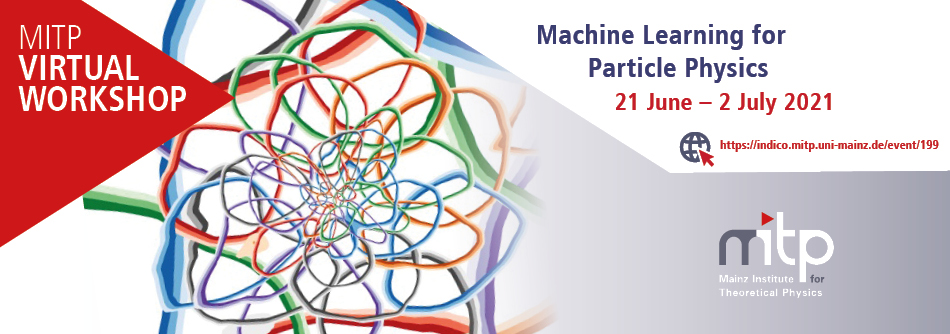Particle physics has, finally, entered a data-driven era. This is not only defined by the extremely successful running of the LHC, but also by the availability of cosmological and astrophysical observations. Many ideas related to the ongoing machine learning revolution have been absorbed by experimental particle physics since the 1980s but much work remains to fully transition to modern data analysis concepts and tools. This is especially true for the broader theory community, which in the coming years needs to embrace these concepts to stay relevant. On the other hand, methods and tools developed by the vast field of big data can be expected to lead to conceptual and fundamental progress in many areas of theoretical particle physics. For inspiration we can remind ourselves of the state of theoretical physics without importance sampling in numerical integration and without Markov Chain Monte Carlos. The purpose of this Scientific Program is to focus the machine learning effort in theoretical particle physics, in close interaction with the broad experimental community. While applying modern machine learning to particle physics is extremely promising conceptually and quantitatively, it would be naive to expect that we can simply apply established big data tools to our research problems. Instead, we need to master the concepts and tools of the big data community and modify them in a way that serves the open questions in fundamental physics. Because the range of open questions in fundamental physics is vast, and the range of machine learning approaches is vast, we need to rapidly build machine learning expertise among leading particle physicists to transform this new source of ideas and tools into scientific progress. Because particle physicists have a history of not just using concepts or tools, we are convinced that as a field we can also give back something to the machine learning community. An example is the indifference of the big data community to error bars and to statistical analyses, where particle physicists arguably have leading expertise.
Choose timezone
Your profile timezone:

